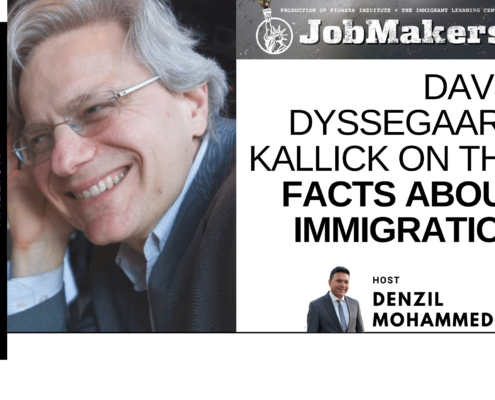California Tax Experiment: Policy Makers Receive Valuable Economics Lesson
/0 Comments/in COVID Economy, Economic Opportunity, Featured, Graduated Income Tax, Podcast Hubwonk /by Editorial StaffHost Joe Selvaggi talks with Stanford University Economics Professor Joshua Rauh about his research on the reaction of Californians to a tax increase, from his report, “The Behavioral Response to State Income Taxation of High Earners, Evidence from California.” Prof. Rauh shares how his research offers tax policy makers insight into the likely effects of similar increases in their own states, including here in Massachusetts.
Related: New Study Finds Tax Policy Drives Connecticut’s Ongoing Fiscal & Economic Crisis
Guest:
 Joshua Rauh, originally from Newton, MA., is a Professor of Finance at the Stanford Graduate School of Business, a Senior Fellow at the Hoover Institution, and a Research Associate at the National Bureau of Economic Research (NBER). Professor Rauh’s research on state and local pension systems in the United States has received national media coverage in outlets such as the Wall Street Journal, the New York Times, the Financial Times, and The Economist. He is an Associate Editor of the Journal of Finance and an editor of the Journal of Pension Economics and Finance and the Review of Corporate Finance Studies. He holds a BA degree in economics, magna cum laude with distinction, from Yale University and a PhD in economics from the Massachusetts Institute of Technology.
Joshua Rauh, originally from Newton, MA., is a Professor of Finance at the Stanford Graduate School of Business, a Senior Fellow at the Hoover Institution, and a Research Associate at the National Bureau of Economic Research (NBER). Professor Rauh’s research on state and local pension systems in the United States has received national media coverage in outlets such as the Wall Street Journal, the New York Times, the Financial Times, and The Economist. He is an Associate Editor of the Journal of Finance and an editor of the Journal of Pension Economics and Finance and the Review of Corporate Finance Studies. He holds a BA degree in economics, magna cum laude with distinction, from Yale University and a PhD in economics from the Massachusetts Institute of Technology.
Get new episodes of Hubwonk in your inbox!
Related Posts:
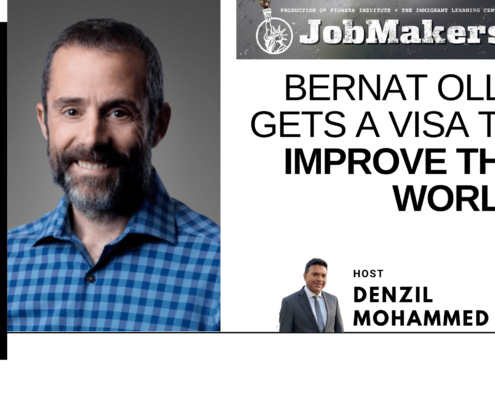
Bernat Olle Gets a Visa to Improve the World
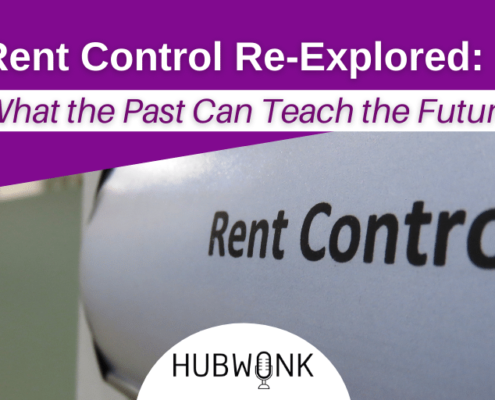
Rent Control Re-Explored: What the Past Can Teach the Future

Study Warns that New Hampshire Tax Policies Would Exacerbate Impacts of a Graduated Income Tax

Marathon Endurance Test: Leaders Pave the Way for Boston’s Return

Study Finds SALT Deduction Cap, Graduated Income Tax Will Combine to More Than Double Tax Burden on Some Households
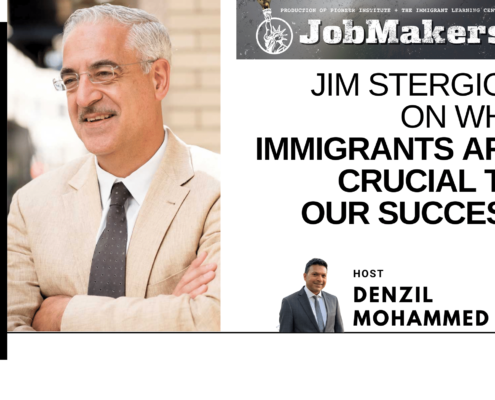
Jim Stergios on Why Immigrants Are Crucial to Our Success
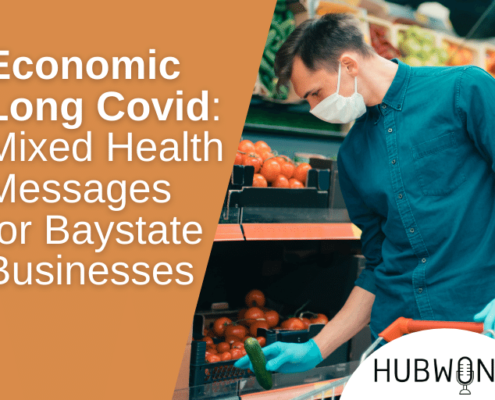
Economic Long Covid: Mixed Health Messages for Baystate Businesses
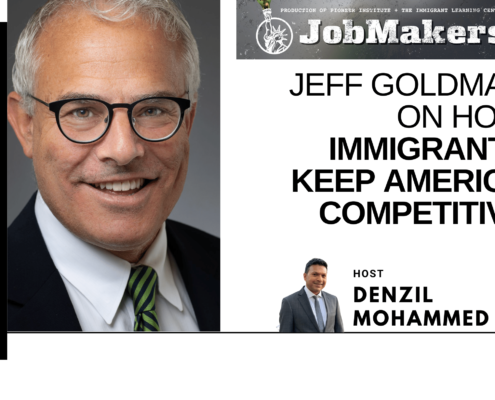
Jeff Goldman on How Immigrants Keep America Competitive

Trevor Mattos Shows How Massachusetts Runs on Immigrants
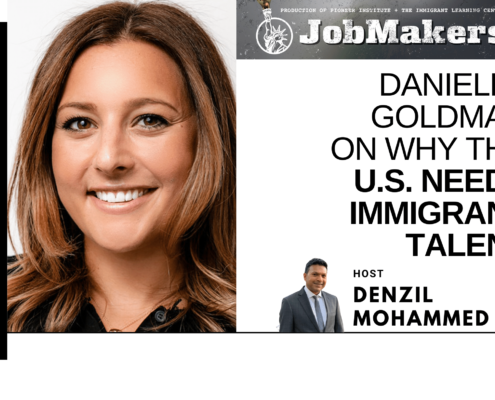
Danielle Goldman on Why the U.S. Needs Immigrant Talent

Study Suggests How to Advance Fairness, Predictability of “Payment in Lieu of Taxes” Programs Aimed at Nonprofits
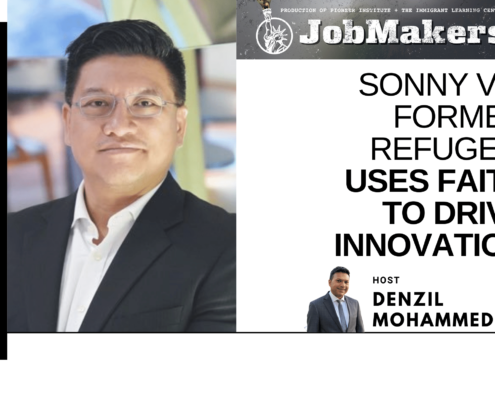
Sonny Vu, Former Refugee, Uses Faith to Drive Innovation

Public Statement on Implementation of the Charitable Giving Deduction
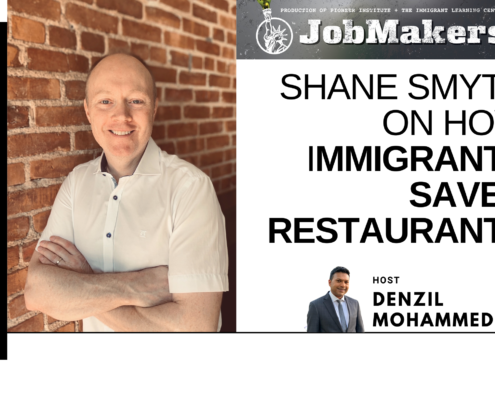
Shane Smyth on How Immigrants Saved Restaurants

Understanding Property Tax, Property Value, and Tax Levy Trends in Massachusetts
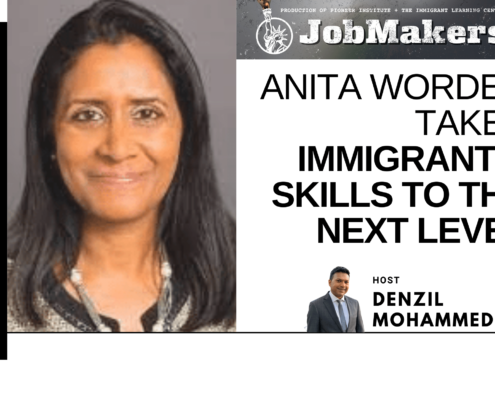
Anita Worden Takes Immigrants’ Skills to the Next Level

Employment trends in the Greater Boston Area and Touristy Massachusetts Counties during the COVID-19 Pandemic
